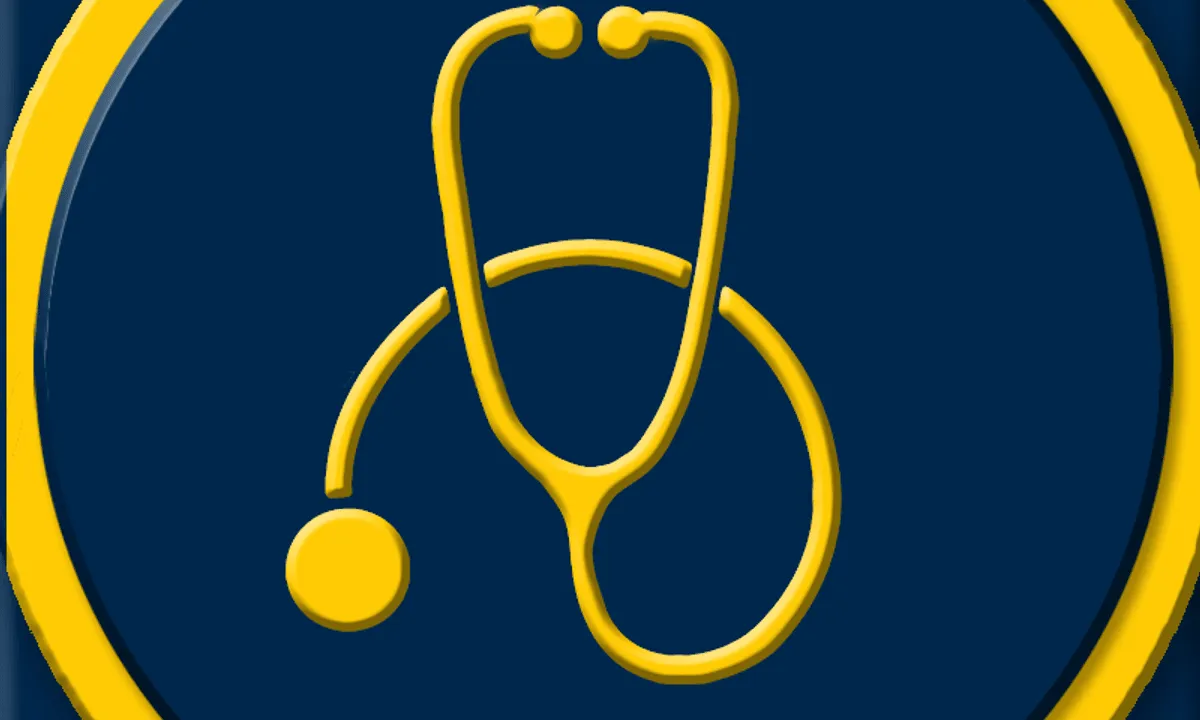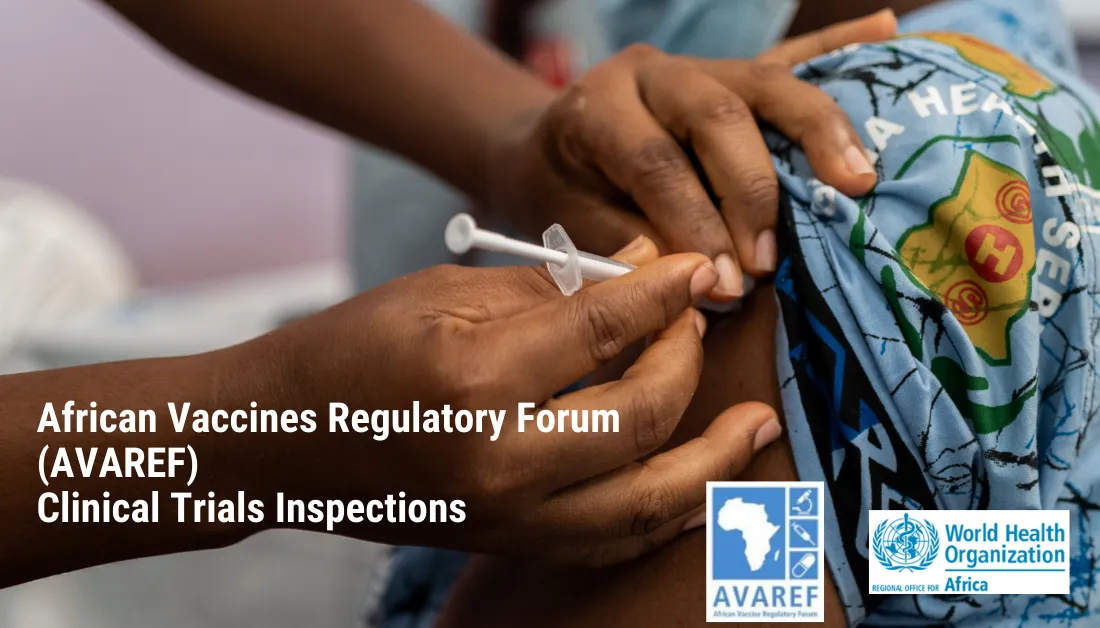
Translating Research to Patients 
This course explores the process of translating research into clinical practice, including clinical trials, evidence-based guidelines, and best practices for conducting research. It also examines the role of the federal government in regulating and supporting translational research on humans. Examples of successful research translation are provided to illustrate the process. ▼
ADVERTISEMENT
Course Feature
![]() Cost:
Cost:
Free
![]() Provider:
Provider:
Coursera
![]() Certificate:
Certificate:
Paid Certification
![]() Language:
Language:
English
![]() Start Date:
Start Date:
17th Jul, 2023
Course Overview
❗The content presented here is sourced directly from Coursera platform. For comprehensive course details, including enrollment information, simply click on the 'Go to class' link on our website.
Updated in [February 21st, 2023]
What does this course tell?
(Please note that the following overview content is from the original platform)
The second phase of translational research — known as "T2" — assesses the value of applying discoveries to clinical practice, which leads to the development of evidence-based guidelines. This course focuses on clinical trials, the value of applying discoveries to clinical practice, and best practices for conducting research. You’ll see examples of human subjects research through clinical trials that have been translated into practice and, later, into basic scientific discoveries. You’ll also discuss the role of the federal government in supporting and regulating translational research conducted on humans.
This is the third course of five in the "Translational Science" series.What can you get from this course?
We consider the value of this course from multiple aspects, and finally summarize it for you from three aspects: personal skills, career development, and further study:
(Kindly be aware that our content is optimized by AI tools while also undergoing moderation carefully from our editorial staff.)
What skills and knowledge will you acquire during this course?
This course will provide learners with the skills and knowledge to understand the value of applying discoveries to clinical practice, best practices for conducting research, and the role of the federal government in supporting and regulating translational research conducted on humans. Learners will gain an understanding of clinical trials and how they are used to translate research into practice and basic scientific discoveries. Additionally, learners will gain an understanding of evidence-based guidelines and how they are used to inform clinical practice. Participants will be able to apply the knowledge gained to their own research and practice, identify the value of applying discoveries to clinical practice, understand the role of the federal government in supporting and regulating translational research conducted on humans, and be familiar with best practices for conducting research. They will also be able to identify and discuss examples of human subjects research through clinical trials that have been translated into practice and, later, into basic scientific discoveries.
How does this course contribute to professional growth?
This course contributes to professional growth by providing learners with the knowledge and skills necessary to apply discoveries to clinical practice, understand the role of the federal government in supporting and regulating translational research conducted on humans, and become familiar with best practices for conducting research. Additionally, learners can gain an understanding of clinical trials and how they are used to translate research into practice and basic scientific discoveries. Through this course, learners can also gain an understanding of evidence-based guidelines and how they are used to inform clinical practice. Furthermore, the course provides learners with an overview of the various career paths and educational paths related to translational research, such as Clinical Research Coordinators, Clinical Research Associates, Regulatory Affairs Specialists, Clinical Data Managers, Master of Science in Clinical Research, Doctor of Philosophy in Translational Science, Master of Public Health in Translational Science, and Master of Science in Biomedical Informatics. By gaining an understanding of these career paths and educational paths, learners can make informed decisions about their professional growth.
Is this course suitable for preparing further education?
This course is suitable for preparing further education, as it covers topics such as the development of evidence-based guidelines, the ethical and regulatory aspects of clinical research, and the development of best practices for conducting research. Additionally, learners can gain an understanding of clinical trials and how they are used to translate research into practice and basic scientific discoveries. Participants will be able to apply the knowledge gained to their own research and practice, and they will be able to identify and discuss examples of human subjects research through clinical trials that have been translated into practice and, later, into basic scientific discoveries. This course provides a foundation for further education in the fields of clinical research, translational science, public health, and biomedical informatics.
Pros & Cons

Comprehensive overview of research to patient translation

Clear and concise explanations

Accessible to all levels of learners

Limited focus on specific research topics

No hands on practice opportunities

No discussion of ethical considerations
Course Provider

Provider Coursera's Stats at AZClass
Discussion and Reviews
0.0 (Based on 0 reviews)
Explore Similar Online Courses

Anthos Service Mesh

Fundamentals of Java-A beginners guide

Python for Informatics: Exploring Information

Social Network Analysis

Introduction to Systematic Review and Meta-Analysis

The Analytics Edge

DCO042 - Python For Informatics

Causal Diagrams: Draw Your Assumptions Before Your Conclusions

Whole genome sequencing of bacterial genomes - tools and applications

Healthcare Research: For Healthcare Professionals

Diagnosing Rare Diseases: from the Clinic to Research and back


Start your review of Translating Research to Patients